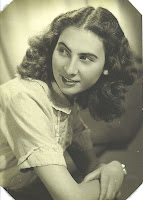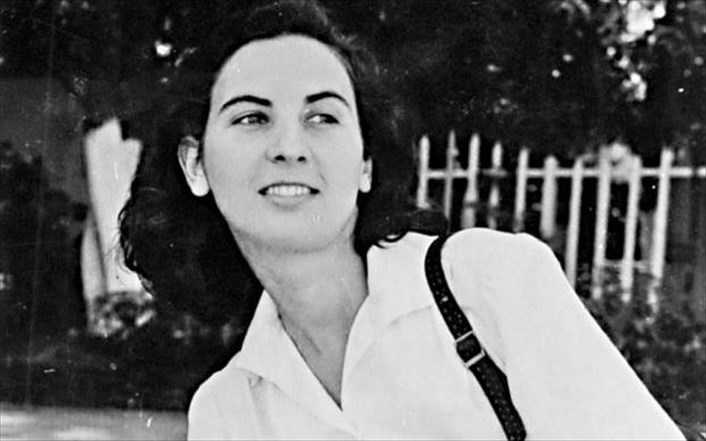
In this respect, The Machine Gunners draws from earlier traditions in British youth literature-the school stories and the utopia/dystopia line of The Coral Island and Lord of the Flies. All the adults were a kind of enemy now" (p. The novel's complexity, however, ranges beyond the wartime setting into the ageless conflict between generations: "The Germans ceased to be the only enemies.

The Machine Gunners, by Robert Westall, realistically reflects the tension in a coastal city during heavy bombardments in the Battle of Britain, 1940-41. One of the English novels set in World War II pivots on the relationship between an enemy airman and a group of working-class youngsters. Petros grows to exhibit a courage like that of Alexios, the hero of his boyhood stories. Amid the horrors of hunger, death, and fear, Zei has depicted the Greek resistant and resilient spirit. Petros-and the reader-learn that "Garibaldi's" fear is not simple cowardice and his submission to drudgery not abject when it helps heal the chilblained hands and shrunken spirit of Petros's mother. The novel includes a sympathetic portrayal of an enemy deserter and realistically develops his relationship to the family. But the cost of courage is great: both Drossoula and Petros's neighbor, the urchin-saboteur Sotiris, are shot down. Inspired by the beautiful and beauty-loving Drossoula, Petros assists her freedom-fighter group and matures into manhood by the time of liberation in 1944. Revolted at first by his grandfather's begging and petty stealing, Petros comes to understand the old man, who is obsessed with fear of becoming another of the streetside cadavers. Then foreign invasion and occupation bring cold and hunger, which sap not only physical health, but also moral strength. In 1940, Petros is an animal-loving and game-playing boy, much like boys of other places and other times. Zei shows, however, that no suffering or courage is minor. This book does not come from one of the major combatant countries, but from Greece, an area considered, if we may judge from the scant news stories of the time, a minor war theater.

An overview of the works indicates that though each author builds his/her story upon the historic events of his/her particular country, they share a common theme: condemnation of war.Ī novel which portrays both the indiscriminate atrocities spawned by war and the individual heroism performed by ordinary people is Alki Zei's Petros' War. Authors have drawn from reminiscence to reconstruct authentically, many also have employed research on this much-documented conflict.


The lapse of years-now more than a generation-has given writers perspective on that most destructive of wars. In recent years, there has been a spate of books set in the period of World War II.


 0 kommentar(er)
0 kommentar(er)
